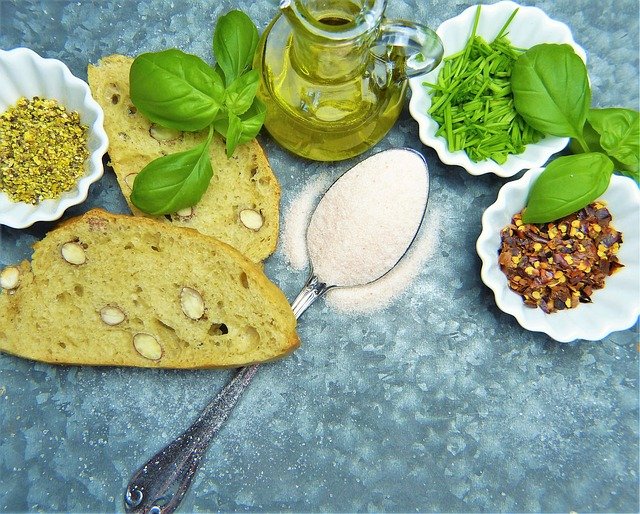
It is common to add salt to virtually everything—meat, potatoes, vegetables, and even some fruits.
Although in small doses it is okay to eat salt, high amount of salt could harm health.
The Dietary Guidelines for Americans recommends a maximum of 2,300 mg per day. That is about a teaspoon of table salt.
Many people eat much more than that. We eat salt when we cook at home, when we eat at restaurants and when we eat fast foods and other processed foods.
Researchers from Texas A&M University remind that four things can happen in the body when you eat too much salt.
First, your kidneys will not work well.
It is known that kidneys work to filter the blood. They regulate the amount of water to retain within the bloodstream or release as urine.
When you eat too much salt, it will be hard for kidneys to expel fluid waste effectively. This means your body will retain more water.
Too much salt in your diet can also increase urinary calcium, which can lead kidney stones.
Second, your blood pressure will suffer.
When your body retains water, it will lead to an increase in blood volume. This means it is more difficult for blood to move through the arteries.
Eventually, it will increase blood pressure and harm the heart.
High blood pressure is a big risk factor for stroke, heart attack, and heart failure.
Third, you will be dehydrated.
Eating too much salt can disrupt kidneys work, and your body will become dehydrated. When this happens, your body will pull water from your cells.
To rehydrate the cells throughout your body, you need to drink more water. This could help neutralize the sodium.
Fourth, you will bloat.
When the kidneys retain water, your body will bloat. You may find swellings in your hands, face, legs or ankles.
One effective way to deal with the uncomfortable swellings is to drink more water and reduce your salt intake.
Copyright © 2019 Knowridge Science Report. All rights reserved.



